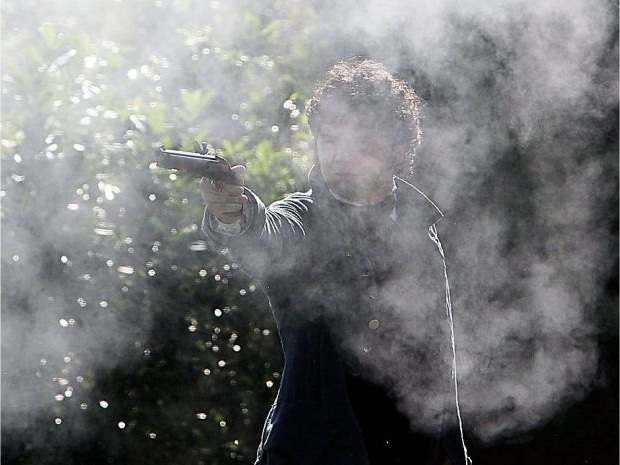Dueling | Eastern North Carolina Now
Many modern-day Americans consider dueling to be a senseless act of violence, but for many Southerners and North Carolinian gentlemen, the act was many times a defense of honor.


| 3rd annual Darleen’s Flamingo 5K Exceeds Expectations! | NC Past, In the Past, Body & Soul | Shepard Cancer Foundation Receives Funds Raised from Paint the Town Pink |
|
Two applicants have filed certificate of need applications with the North Carolina Department of Health and Human Services to develop a fixed MRI scanner in response to a need determination in the 2024 State Medical Facilities Plan.
Published: Wednesday, August 14th, 2024 @ 11:09 am
By: Eastern NC NOW Staff
|
|
NCDHHS Urges Families to Keep Information Up to Date
Published: Wednesday, August 7th, 2024 @ 8:12 am
By: Eastern NC NOW Staff
|
|
As part of the North Carolina Department of Health and Human Services’ ongoing effort to respond to the rise in syphilis and congenital syphilis cases and increase access to treatment, NC Medicaid will now cover an additional treatment for syphilis and congenital syphilis, Extencilline.
Published: Tuesday, August 6th, 2024 @ 11:22 pm
By: Eastern NC NOW Staff
|
|
The North Carolina Department of Health and Human Services will host a live Spanish-language Cafecito and tele-town hall on Tuesday, Aug. 6, from 6 to 7 p.m., to discuss who is newly eligible for Medicaid under expansion
Published: Monday, August 5th, 2024 @ 9:14 am
By: Eastern NC NOW Staff
|
|
The North Carolina Department of Health and Human Services is hosting a virtual meeting on Friday, March 1, 2024, for the Standardized Foster Care Trauma-Informed Assessment Workgroup.
Published: Friday, July 19th, 2024 @ 2:15 pm
By: Eastern NC NOW Staff
|
|
If we look back on our grade school education, we remember being taught the very fundamentals of what went on at the Constitutional Convention.
Published: Thursday, July 4th, 2024 @ 7:40 am
By: Diane Rufino
|
|
I don’t need to add anything to this as it stands on its own
Published: Thursday, July 4th, 2024 @ 7:38 am
By: Bobby Tony
|
|
Happy Anniversary America !! This year, 2011, celebrates 218 years since the British signed the Treaty of Paris in 1783, formally abandoning any claims to the United States.
Published: Thursday, July 4th, 2024 @ 7:35 am
By: Diane Rufino
|
|
There are many people who overlook the brilliance of the US Constitution. They argue that it is outdated and unfit to adequately govern such a modern nation as ours in the 21st century.
Published: Thursday, July 4th, 2024 @ 7:30 am
By: Diane Rufino
|
|
We all recognize the 4th of July as Independence Day - as the day we declared our independence from England. We celebrate the Declaration of Independence has since become our nation's most cherished symbol of liberty.
Published: Thursday, July 4th, 2024 @ 7:10 am
By: Diane Rufino
|
|
If you've ever traveled abroad you are asked this often. It's as if you are given an opportunity to "come clean" and "lay it all out on the table."
Published: Thursday, July 4th, 2024 @ 7:08 am
By: Stan Deatherage
|
|
RALEIGH — The North Carolina Department of Health and Human Services today released a multi-year Direct Support Professional Workforce Plan.
Published: Thursday, June 27th, 2024 @ 12:26 pm
By: Kevin Smith
|
|
Approximately 6,800 people in North Carolina have sickle cell disease, of which approximately 95% are Black or African American.
Published: Monday, June 17th, 2024 @ 4:50 pm
By: Eastern NC NOW Staff
|